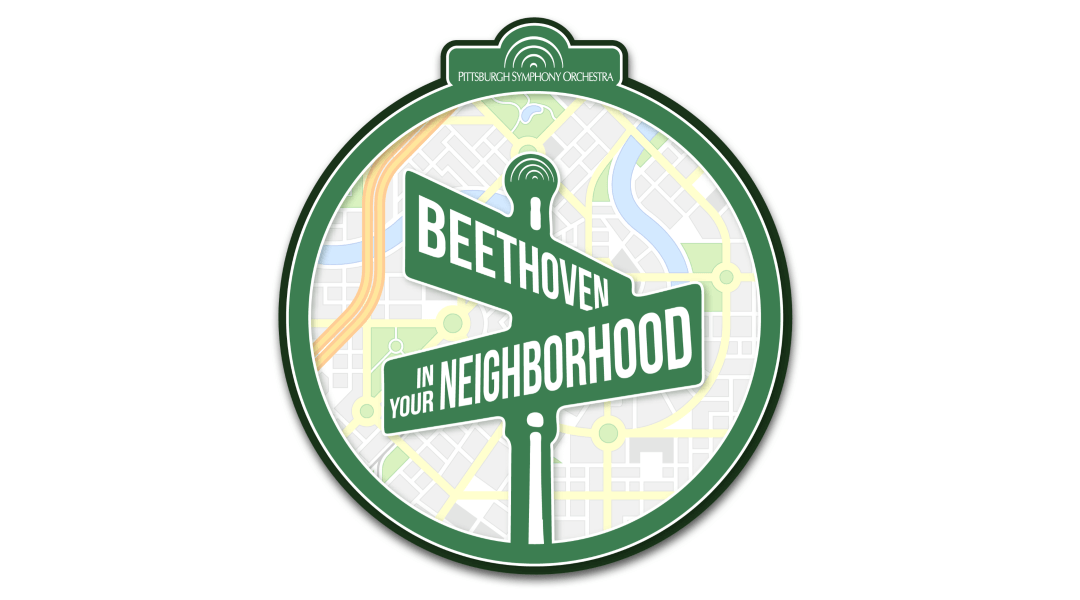Dun-dun-dun-DUN. Dun-dun-dun-DUUUN.
Did you hear the intro to Beethoven’s 5th in your head? Music transcends time, space, memory, and culture. Countless studies show the benefits music has on humans, from infants to seniors.
Experience it for yourself!
This May, Carnegie Library of Pittsburgh locations across the city will host Pittsburgh Symphony Orchestra’s Beethoven In Your Neighborhood! Click here to find a location near you!
Childhood Development
Music is intrinsic to early learning. It’s right there in CLP’s literacy skills mantra: Sing, Talk, Read, Write, and Play. The benefits of music for children are vast.
According to Reading Rockets, “music promotes language acquisition, listening skills, memory, and motor skills. Songs introduce new words, often ones that rhyme or repeat, which makes them easy to learn.”
Classical music has huge emotional benefits for children. Live music especially evokes positive feelings in kids. It inspires calmness. It provides a creative outlet, and an opportunity to express emotion where words fail.
Children who are deaf or hard-of-hearing also respond to, and benefit from, music. Humans are hardwired to respond to rhythms; those with hearing loss are no exception.
All the Health & Wellness!
Simply listening to music can help regulate emotions and stress. Studies show music decreases anxiety, restores emotional balance, reduces pain, and alleviates stress.
Live music events improve mental, physical, and social well-being. Concerts allow us to enjoy music with others, boosting feelings of connection with other people and with our community.
Further, venues for live music improve the social and cultural health of a community. Neighborhoods with access to regular music events show higher social capital, public engagement, and cultural vibrancy.
Music and Aging
Listening to music keeps the brain young. An article from Johns Hopkins calls it “the total brain workout.” The mathematical and architectural structure of music stimulates the brain. Firing up those synapses can improve memory and sharpness.
Like youth, seniors experience improved cognition when listening to live music. Studies even show music’s positive effects on blood pressure, cardiovascular health, and better sleep.
Music is “deeply rooted in our conscious and unconscious brains.” It can reawaken memories, identity, and other cognitive functions lost to dementia and Alzheimer’s. The neurologist Oliver Sacks said the past “is embedded, as if in amber, in the music.”
Want to know more? Visit www.carnegielibrary.org:
- Catalog – find books, films, CDs and more about your favorite music/musicians
- Musical Instrument Lending Library – browse and borrow our list of circulating music equipment
- Books & More – Free music downloads and databases
You can sign up for a free library card here. If you are new to our eResources, check out these tutorial videos on how to get started.
Looking for a good book, album, movie or TV show? We’re happy to recommend them to you! Use this Personalized Recommendations form to send us some information about what you like and we’ll curate a list just for you.
If you have any additional questions, you can contact a librarian through Facebook, Instagram or Twitter. You can also call us at 412.622.3114 or email us at info@carnegielibrary.org.


